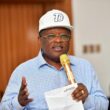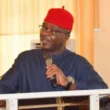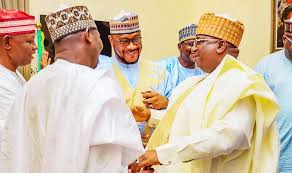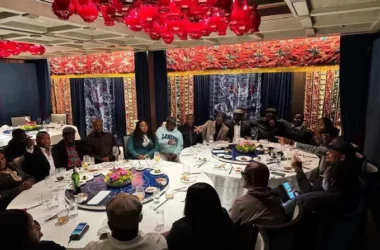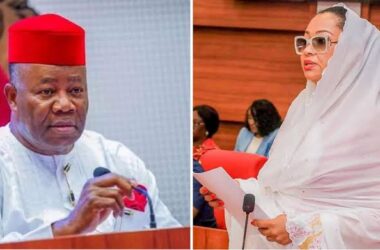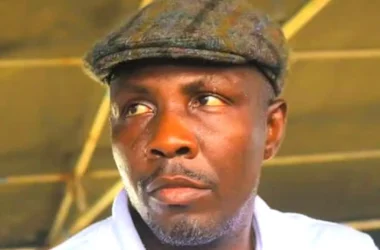Governors from Northern Nigeria are set to gather in Kaduna today, for a vital security-focused meeting. The gathering, organized under the Northern Governors’ Forum (NGF), is aimed at addressing the persistent wave of killings and terror attacks ravaging various states in the region.
According to the Director-General of Press Affairs at the Gombe Government House, Ismaila Misilli, the forum’s chairman and Governor of Gombe State, Muhammad Yahaya, initiated the meeting. He noted that while the meeting is not formally classified as an emergency, it is a key response to the mounting insecurity in the region.
“It will be held in Kaduna, and security will top the agenda. Barring any last-minute change, they have already decided to have the meeting. But I wouldn’t call it an emergency meeting,” Misilli told reporters.
This high-level meeting comes after a disturbing spike in violence. At least 133 people have been killed in fresh attacks over the past two weeks alone, following the deaths of over 250 people in a similar time span last month. The killings have affected Plateau, Benue, Borno, Katsina, Bauchi, and Yobe States, among others.
In Borno State, Boko Haram fighters stormed the Izge community in Gwoza LGA on May 7, killing an army captain and two soldiers. The Emir of Gwoza, Alhaji Mohammed Shehu Timta, confirmed that the attackers invaded around 1am, leading to a fierce gun battle.
Just a day before, gunmen believed to be herders attacked the Mbatsada area in Benue State, killing four people, including an APC chieftain, Akaabo Johnson. Gwer East LGA Chairman Timothy Adi described the incident as unprovoked and brutal.
Meanwhile, coordinated attacks in Bauchi State on May 4 claimed at least 44 lives during confrontations between bandits and vigilantes, as well as livestock theft. In another shocking incident, 11 soldiers were reportedly killed by Islamic State fighters in Yobe on May 2.
The Kaduna meeting will bring together governors from all 19 northern states. A source at the NGF Secretariat noted that the primary focus will be on intensifying security strategies, improving coordination, and safeguarding lives.
“We are disturbed by the security challenges in our region, and we need to come together to find solutions,” the source said.
Also scheduled is a Friday night gathering of the seven North-West governors at the same venue. Their meeting will serve as a precursor to Saturday’s wider NGF session.
State government secretaries met ahead of the governors’ meeting to fine-tune their positions, while the Coalition of Northern Groups plans to submit a detailed security document during the session. The CNG’s National Coordinator, Jamilu Charanchi, said their proposal outlines specific responsibilities for various stakeholders and includes a timeline for implementation.
“We are aware of the meeting because we previously presented a paper on the challenges of insecurity in Northern Nigeria at the governors’ meeting last October,” Charanch isaid.
He noted that the coalition’s proposals were developed following consultations with retired military officials and discussions during a January roundtable chaired by former Head of State, General Abdulsalami Abubakar.
Meanwhile, the Defence Headquarters has blamed recent violence in Benue, Plateau, and other areas on foreign herders who entered through unsecured borders. The Director of Defence Media Operations, Markus Kangye, pointed to language and identity markers to support this claim.
But Charanchi disagreed with that assessment. He noted that the military leadership has “politicised” the situation and urged them to move beyond mere rhetoric.
“The era of rhetoric must end. Nigerians are tired of empty statements. They want the DHQ to take action now,” he said.
Steve Aluko, Executive Director of the Civil Liberties Organisation (Northern Region), also expressed concern over the inconsistencies in the statements from national security agencies. He questioned why the Defence Headquarters and the National Security Adviser offer conflicting narratives about the same events.
He also noted that more than 80 communities in Plateau and Benue are under the control of criminal groups, asking, “What have they done to purge those communities and to make sure that the right people are there?”



